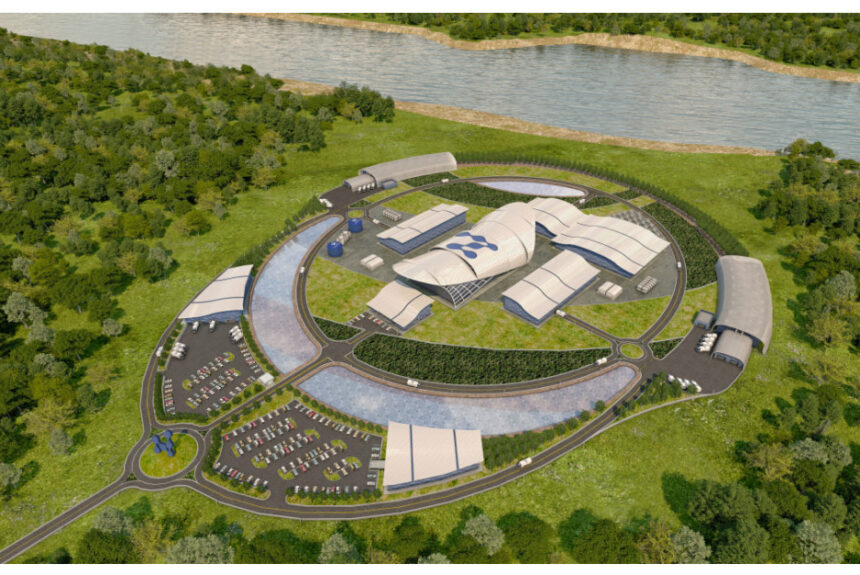In a ruling issued January 19, the U.S. Nuclear Regulatory Commission (NRC) officially certified NuScale’s advanced small modular reactor (SMR) design. This is just the seventh nuclear reactor design cleared for domestic use–and the first small reactor design to pass the NRC’s stringent safety requirements.
>>READ: Five of the World’s Leading Small Modular Reactor Companies
The final rule–to take hold next month–marks a historic milestone in the small modular reactor market. The ruling is important to future energy innovation, as it will enable applicants to reference NuScale’s design when applying for an SMR combined license. This is NuScale’s final step toward gaining full federal approval for its technology.
“We are thrilled to announce the historic rulemaking from the Nuclear Regulatory Commission for NuScale’s small modular reactor design, and we thank the Department of Energy (DOE) for their support throughout this process,” NuScale Power President and Chief Executive Officer John Hopkins said in a statement. “The DOE has been an invaluable partner with a shared common goal – to establish an innovative and reliable carbon-free source of energy here in the U.S. We look forward to continuing our partnership and working with the DOE to bring the UAMPS Carbon Free Power Project to completion.”
The design certification process dates back to December 2016, when NuScale submitted an application to the NRC for certification of the company’s revolutionary NuScale Power Module. The application was accepted a few months later. The NRC issued its final safety evaluation report on Sept. 2, 2020, putting NuScale on track to receiving the green light from officials in Washington.
>>>READ: Small Modular Reactors Could be Key to Achieving a Secure Energy Future
As the company has waited on approval to build its novel technology in the United States, NuScale has been busy exporting its innovations overseas. Last year the company signed agreements with developers in Poland, Romania, and others to bring advanced nuclear power to their respective countries. These agreements are helping countries achieve Europe’s ambitious climate goals while bolstering energy security in a region that has been heavily impacted by energy disruptions from Russia’s war in Ukraine.
“SMRs are no longer an abstract concept,” Assistant Secretary for Nuclear Energy Dr. Kathryn Huff said. “They are real and they are ready for deployment thanks to the hard work of NuScale, the university community, our national labs, industry partners, and the NRC. This is innovation at its finest and we are just getting started here in the U.S.!”
Since its inception, Portland, OR-based NuScale has worked closely with DOE in both research and grant funding. In total, the Department of Energy has given more than $600 million to support the design, licensing and siting for NuScale’s plant as well as other promising SMR initiatives through a competitive award process. This milestone shows how important public-private partnerships can be in reaching clean energy goals.
Smaller, safer, and cheaper than their already safe traditional counterparts, SMRs are gaining serious traction as an emerging energy solution. With the approval of NuScale’s advanced carbon-free reactors, competitors can now go ahead and develop power plants based on the company’s design. The news is a boon for the U.S. nuclear industry.
Nathalie Voit is a freelance content creator and a graduate of the University of Florida. She is an alumni of The Heritage Foundation’s Young Leaders Program.
The views and opinions expressed are those of the author’s and do not necessarily reflect the official policy or position of C3.
